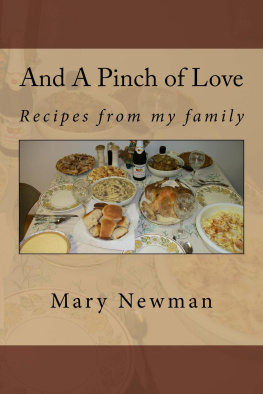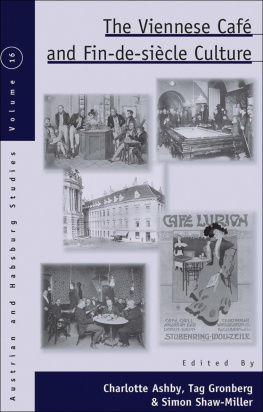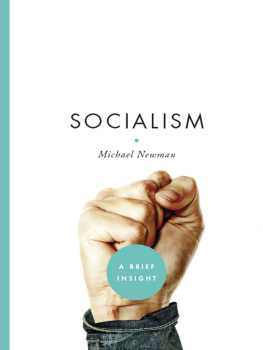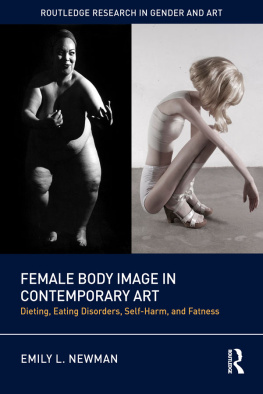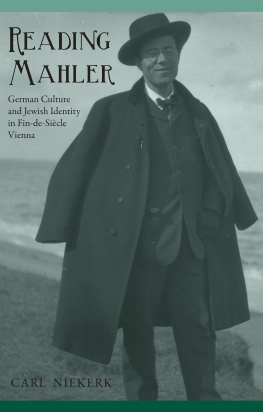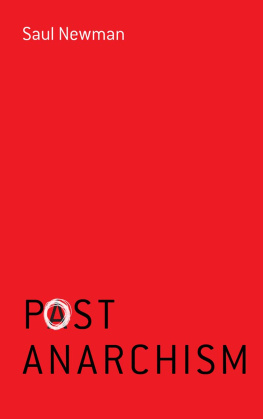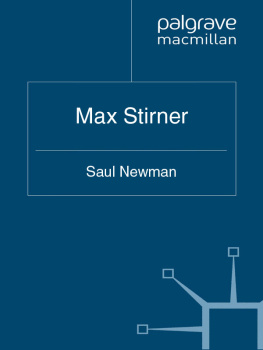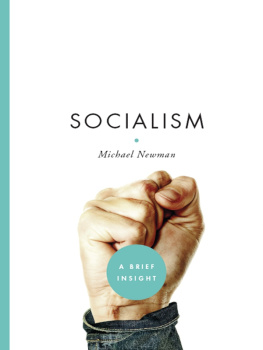First published in the UK in 2013 by
Intellect, The Mill, Parnall Road, Fishponds, Bristol, BS16 3JG, UK
First published in the USA in 2013 by
Intellect, The University of Chicago Press, 1427 E. 60th Street,
Chicago, IL 60637, USA
Copyright 2013 Intellect Ltd
All rights reserved. No part of this publication may be reproduced, stored in a retrieval system, or transmitted, in any form or by any means, electronic, mechanical, photocopying, recording, or otherwise, without written permission.
A catalogue record for this book is available from the
British Library.
Cover designer: Ellen Thomas
Copy-editor: MPS Technologies
Production manager: Melanie Marshall/Tom Newman
Typesetting: Contentra Technologies
Print ISBN: 978-1-84150-730-9
ePDF ISBN: 978-1-78320-085-6
ePub ISBN: 978-1-78320-086-3
Printed and bound by Hobbs the Printers Ltd, UK
This book is largely the result of discussions at the International Congress of Slavists (ICCEES) in Stockholm in 2010, organized by Irina Sandomirskaya, who is the godmother of this volume.
I would like to thank all the contributors for their patience and commitment, but especially Mark Lipovetsky for his unwavering support. I would also like to thank Melanie Marshall at Intellect for her patience, competence and commitment, and especially the designers Holly Rose and Ellen Thomas who have shown again an exquisite sense of style! And a huge thank you to Tom Newman, who has competently seen through the final production process.
A Note on Transliteration: We have used Library of Congress transliteration, except where a particular spelling is widely accepted (Yeltsin, Dostoevsky) and where otherwise indicated (i.e. where a particular translation of a novel has been used for references).
Birgit Beumers is Professor in Film Studies at Aberystwyth University. She completed her D.Phil at St Antonys College, Oxford, and taught at Bristol Universitys Russian Department from 19942012. She specializes in contemporary Russian culture and has published widely on cinema and theatre. Her most recent publications include A History of Russian Cinema (2009) and, with Mark Lipovetsky, Performing Violence (2009), as well as Nikita Mikhalkov (2005), PopCulture Russia! (2005); she has edited 24 Frames: Russia (2007); The Post-Soviet Russian Media (2009, with S. Hutchings and N. Rulyova), Alexander Shiryaev, Master of Movement (2009, with D. Robinson and V. Bocharov), Directory of World Cinema: Russia (2010) and (with Nancy Condee) The Cinema of Alexander Sokurov (2011). She is currently working on Russian animation. She is editor of the online quarterly KinoKultura and of the scholarly journal Studies in Russian and Soviet Cinema that appears thrice a year.
Amy Bryzgel received her PhD in Art History from Rutgers University in 2008, and has been a Lecturer in History of Art at the University of Aberdeen since 2009. Her research is focused on performance art from East-Central Europe and Russia. She has published a book titled Performing the East: Performance Art in Russia, Latvia and Poland since 1980 (2013), which presents case studies of performance artists working both before and after the dissolution of the Soviet Union. Her work aims to nuance current understandings of contemporary performance art, by considering the genre as it developed within Eastern Europe. She has also just completed a monograph of the Latvian painter and performance artist, Miervaldis Polis.
Nataliya Danilova holds a PhD in Politics and International Relations from the University of Nottingham. Her academic interests include civil-military relations, politics of war memory and commemoration in Britain, Russia and in the United States. She is currently working on the international politics of commemoration in post-conflict societies. She also holds a degree in Sociology and served as Lecturer in Sociology at the National Research University Higher School of Economics (St Petersburg Campus). She currently holds a postdoctoral fellowship at the Centre for Advanced Studies at the University of Nottingham. She has published on veterans politics in Russia, civil-military relations and war memory of post-Soviet conflicts.
Maria Engstrm has studied Russian philology at the Moscow State University in 198891 and gained a PhD in Slavic languages at Stockholm University in 2004. She held a research fellowship from Swedish Research Council in 200507. Her research has also been supported by grants from Helge Ax:son Johnson Foundation, Birgit and Gad Rausing Foundation for Humanistic Research and Magnus Bergvall Foundation. She has taught Russian language, literature and cultural history at Stockholm University, Uppsala University, Dalarna University, Sdertrn University College and Stockholm School of Economics. Since 2012 she is Head of Russian at the School of Languages and Media at Dalarna University. Engstrms current research examines the post-Soviet conservative intellectual milieu and explores cultural manifestation of identity in contemporary Russia.
Bettina Jungen earned her doctoral degree in 2005 at Zurich University with a dissertation about Soviet sculptor Vera Mukhina. She taught courses on European, American and Russian art at the universities of Zurich and Basel and schools for continued education. Bettina published about Russian and Soviet art. Her research interests include sculpture, Russian art of the nineteenth, twentieth and twenty-first centuries and popular visual culture. Since 2009 she is the curator of Russian art at the Mead Art Museum at Amherst College, Massachusetts.
Mark Lipovetsky is a literary critic and culture historian. He is Professor of Russian Studies at the University of Colorado-Boulder (USA). In 1996 he defended one of the first doctoral dissertations on the topic of post-modernism. Lipovetsky is the author of eight books and co-editor of seven volumes on Russian literature and culture. Among his monographs are Russian Postmodernist Fiction: Dialogue with Chaos (1999), Modern Russian Literature: 1950s1990s (in Russian, co-authored with his father Naum Leiderman, 2001), Paralogies: Transformation of (Post)modernist Discourse in Russian Culture of the 1920s2000s (in Russian, 2008), Performing Violence: Literary and Theatrical Experiments of New Russian Drama (2009, with Birgit Beumers; in Russian, 2012) and Charms of Cynical Reason: The Transformations of the Trickster Trope in Soviet and Post-Soviet Culture (2011). Co-edited volumes include Dictionary of Literary Biography: Russian Writers Since 1980 (2003), an anthology of Russian and Soviet wonder-tales (2005) and Russian twentieth-century short stories (2011), Jolly Little Characters: Cult Heroes of the Soviet Childhood (in Russian, 2008), and Non-Canonical Classic: Dmitri A. Prigov (in Russian, 2010). His works have been nominated for Russian Little Booker Prize (1997) and shortlisted for the Andrey Bely Prize (2008). From 200912, Lipovetsky served on the jury for Russian Literary Prize NOS (201112 as chair).
Maria Litovskaya is professor of Russian literature of the twentieth and twenty-first
centuries at the Ural Federal University. She is the author of books on Valentin Kataev (Feniks poet pered solntsem: Fenomen Valentina Kataeva, 1999), on contemporary mass literature (co-authored, 2009), and has written numerous articles on the history of Russian literature of the twentieth century. She has edited volumes of articles on Russian women (


